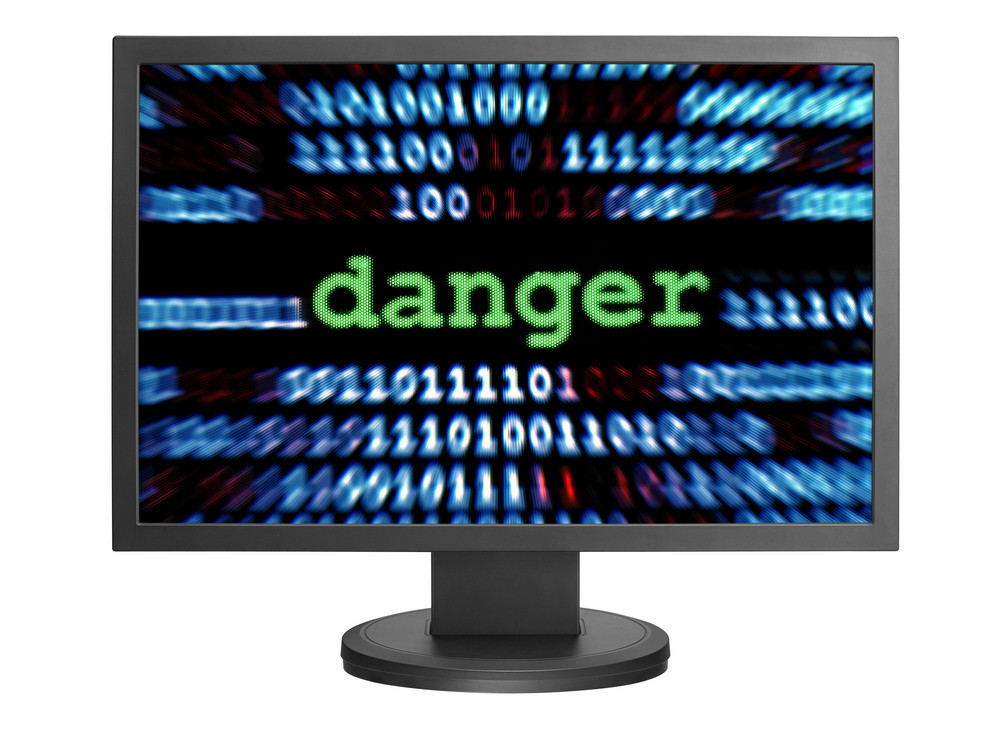With the world relying on digital infrastructure to improve transactions, it’s no surprise that your small business has taken the same route. Taking your business online is what you need to reach the estimated 50% of smartphone users who browse the internet. It makes it easier for you to increase your customer conversion rates and your revenue.
Yet, with everything good, you should expect to run into some drawbacks. Take the rising risk of cybersecurity breaches that can impact your software systems and sensitive data. It’s become very useful for you to know the number of ways that you can protect your small business from cyber-attacks, including getting your company Progressive business insurance. Read on to learn five ways to improve your small business security.
1. Have a Plan
The most important thing that you can do to protect your business from any cybersecurity breach is to have a plan in place. The first thing that you need to ensure is sufficient awareness of what a cyber-attack is. This should help your employees understand what to look out for in case it happens.
The next step should be aimed towards teaching your employees about the procedures and policies that are in place should the business face such volatile issues. If you run a small business, it’s always essential for you to educate and prepare yourself.
In most cases, about 43% of cyber attacks have been targeted towards small-scale businesses. Adopting and maintaining the best security practices for your business is one of the ways that you can mitigate attacks from occurring.
2. Enhance Security Measures
According to research, experts advise that passwords should be encouraged to be longer and more complex than usual. However, your best bet lies on a longer password than one that’s short and complicated. The last thing that you want to deal with is to have your sensitive business information held at ransom and form part of the estimated 40% of victims who’ve had to pay a ransom after an attack.
Enhancing your security measures is one of the main things that you should consider. For instance, think of incorporating multi-factor authentication if you handle a lot of sensitive data daily. This should help make gaining access to your systems more difficult for hackers.
3. Install a Firewall and Antivirus Software
You’d be surprised to find that there’s firewall software that can’t scan your system for threats. This is why installing firewall software isn’t where you should stop. It’s important to protect all your business systems with security systems that can detect when new threats infiltrate your network.
The fact of the matter is that your firewall is the most significant shield that protects your data from anything dangerous that enters your network. The sooner you get an alert on malicious activity, the faster you can prevent it from causing a lot of damage.
4. Secure the Wi-Fi Network
Did you know that your Wi-Fi equipment doesn’t come with security features when you buy it? One of the most convenient and secure ways that you can choose to secure your network is by ensuring that it’s encrypted. Nowadays, there’s a Wi-Fi Protected Access Code that you can use to help you hide your network from any prying eyes.
5. Protect Payments
Working with your bank to add security measures to your payment processes is something that you should make a priority. With lifestyle changes and more people opting to do online payments, it helps when you give your customers a risk-free platform to make payments.
In summary, having a detailed plan is one of the ways that you can ensure to mitigate the consequences of your small business should it be under attack. Having a team that also knows how to follow protocol to ensure that less harm happens should help you navigate things better. Using this helpful guide should give you an idea of where you should improve to ensure that your business is protected.



